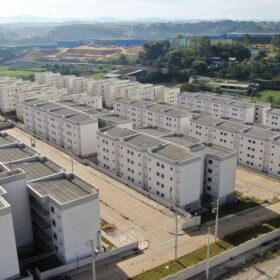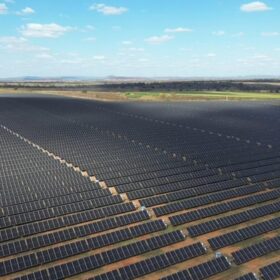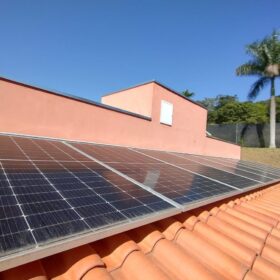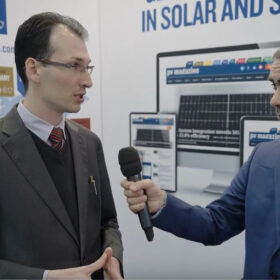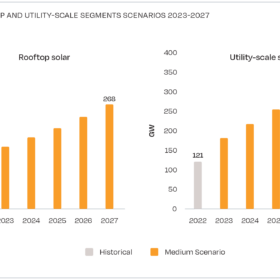Brazil imported 7.8 GW of solar modules in H1
Brazilian consultancy Greener says that Brazil imported 7.8 GW of solar modules in the first half of this year, down 21% year on year. However, it says a reduction in distributors’ inventories and module prices could drive up cost competitiveness in the second half.
Brazil prepares lithium extraction plan
The Brazilian town of Vale do Jequitinhonha (MG), which stands out worldwide in mineral production, is the stage of a multisectoral program for the use of Brazilian lithium. The government is now exploring the opportunities of the area in the energy transition.
The Hydrogen Stream: EU, Argentina, Chile, Uruguay to partner on hydrogen
The European Commission and the European Investment Bank have agreed to collaborate with Argentina, Chile and Uruguay on hydrogen, while Masdar, Mitsubishi and Inpex have said that they will use green hydrogen to produce e-methane and polypropylene.
Brazil announces 2 GW solar plan for social housing program
Brazil has announced a new 2 GW solar strategy. It plans to build 2 million new social housing units by 2026 and will deploy two PV modules in each home, providing 1 kW of power per dwelling.
Largest PV plant in Americas goes online in Brazil
Elera Renováveis has commissioned the 1.2 GW Janaúba solar complex. The facility, which went online this week, consists of 20 solar parks spread across 3,000 hectares.
Brazil added 4.2 GW of distributed solar in H1
Brazil’s distributed PV systems, including installations up to 5 MW in size, have surpassed 22 GW of cumulative capacity. By the end of June, more than 2 million arrays had been deployed nationwide.
Intersolar 2023: ‘[This] will be the year of large-scale solar for Brazil’
Rodrigo Sauaia, the president of the Brazilian Association of Photovoltaic Solar Energy (Absolar), recently spoke with pv magazine about power purchase agreements, regulated auctions, macroeconomics conditions, and electricity prices in Brazil. He said the Latin American country could add 4.6 GW of utility-scale solar capacity this year, as well as another 5.5 GW from distributed generation.
The Hydrogen Stream: Europe signs deals with Chile, Argentina, Brazil
The European Commission has agreed to ramp up hydrogen sector investments in Chile, Argentina, and Brazil, while Norsk Hydro has successfully produced the world’s first batch of recycled aluminum with hydrogen-fueled production methods.
Global rooftop PV additions soar by 50% to 118 GW in 2022
The world installed 239 GW of new solar capacity in 2022, according to SolarPower Europe. The rooftop PV segment accounted for 49.5% of additions – the highest share in the past three years. The rooftop sectors in Brazil, Italy, and Spain grew by 193%, 127%, and 105%, respectively.
EN.IT and Brazilian state of Rio Grande do Sul sign green hydrogen MOU
This is the fifth MOU signed by the Brazilian government since bill PL 725 of 2022 established guidelines for integrating hydrogen as an energy source in the country.



